English

OUT NOW! ISBN 978-3-948332-18-1 Features include: Christoph Fringeli: Revolution and Counterrevolution in Germany 1919 Ross Wolfe: Marxism Contra Justice - A Critique of Egalitarian Ideology Joke Lanz: Ghosts & Handbags - A short Travel Report from the Japanese Underworld Matthew Hyland:Masterless Mouths poems by Howard Slater fiction by Dan Hekate news roundup by Nemeton record reviews by Low Entropy, Saxenhammer, Prole Sector, Controlled Weirdness, Christoph Fringeli book reviews: Neil Transpontine: A Fascist Tulpa in the White House? - Right-wing ‘Meme Magic’ and the Rise of Trump Frankenstein, or the 8-Bit Prometheus - Micro-literature, hyper-mashup, Sonic Belligeranza records 17th anniversary by Riccardo Balli Dale Street: Lions Led by Jackals – Stalinism in the International Brigade, by Christoph Fringeli Christoph Fringeli: No borders, no fatherland! France – What’s New for the Left? Activities since last issue Lives and Times of Bloor Schleppy graphics and illustrations by dybbuk, lesekill, Darkam, Sansculotte

Solidarity Pamphlet No. 7 - Alexandra Kollontai: The Workers Opposition.

Used copy in vg condition
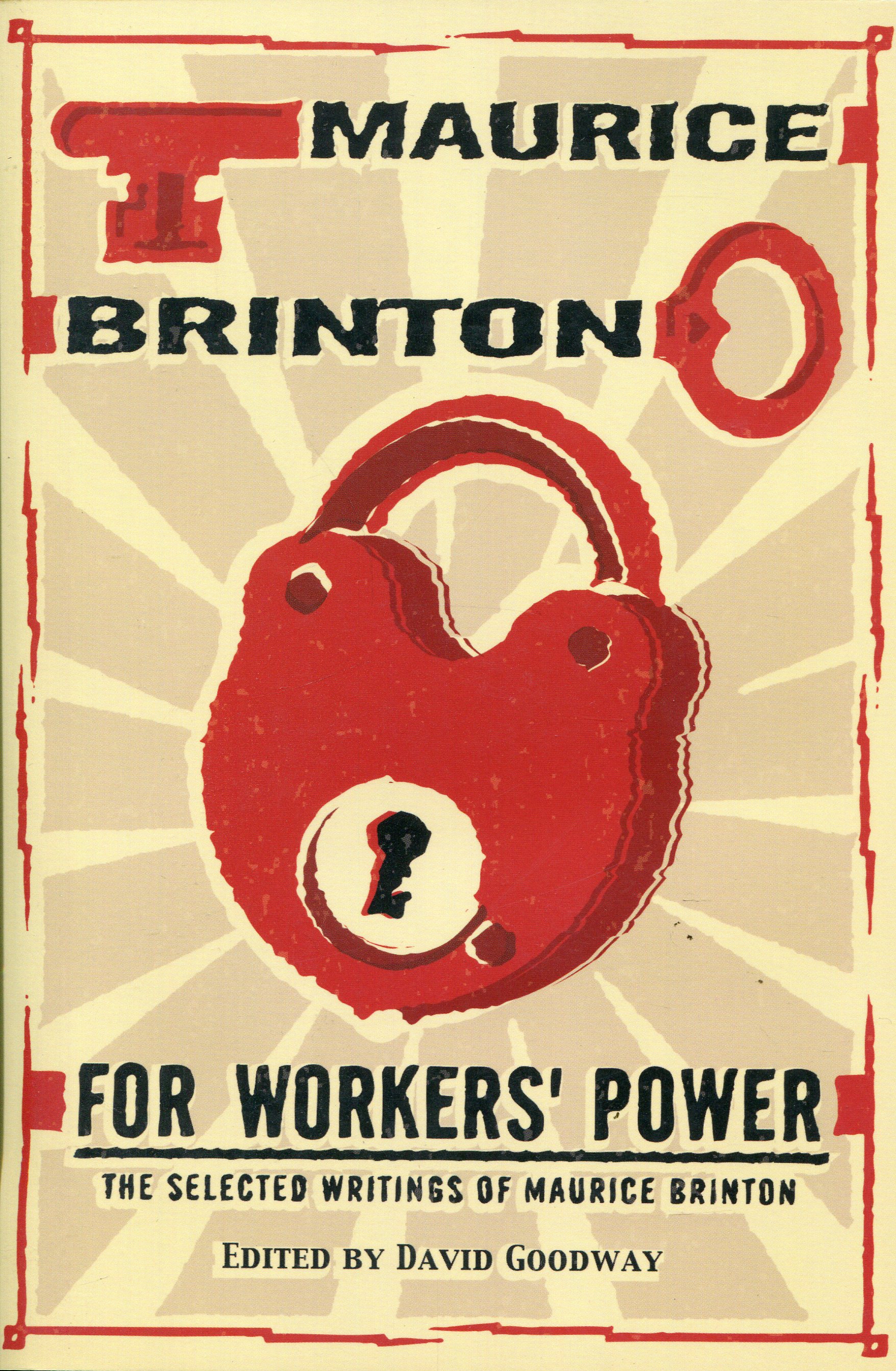
Maurice Brinton: For Workers' Power, AK Press, ISBN 1-904859-07-0 At long last, the collected works of the principle writer, translator and thinker of the Solidarity Group, one of the most active and influential libertarian socialist organisations of the 1960's and early 1970's. Includes writing on topics ranging from the Paris Commune to Paris 1968, via Willheim Reich, the Portugese Revolution, the Irrational in Politics, The Belgian General Strike of 1960, the Bolsheviks and Workers' Control and of course, the work of Paul Cardan/Cornelius Castoriadis. From the workplace, to the streets, to the bedroom, Maurice Brinton writes critically and honestly on the nuts and bolts of a free humanity, laying to rest the arguments against a genuinely libertarian socialism. Edited by David Goodway. AK Press, 2004.
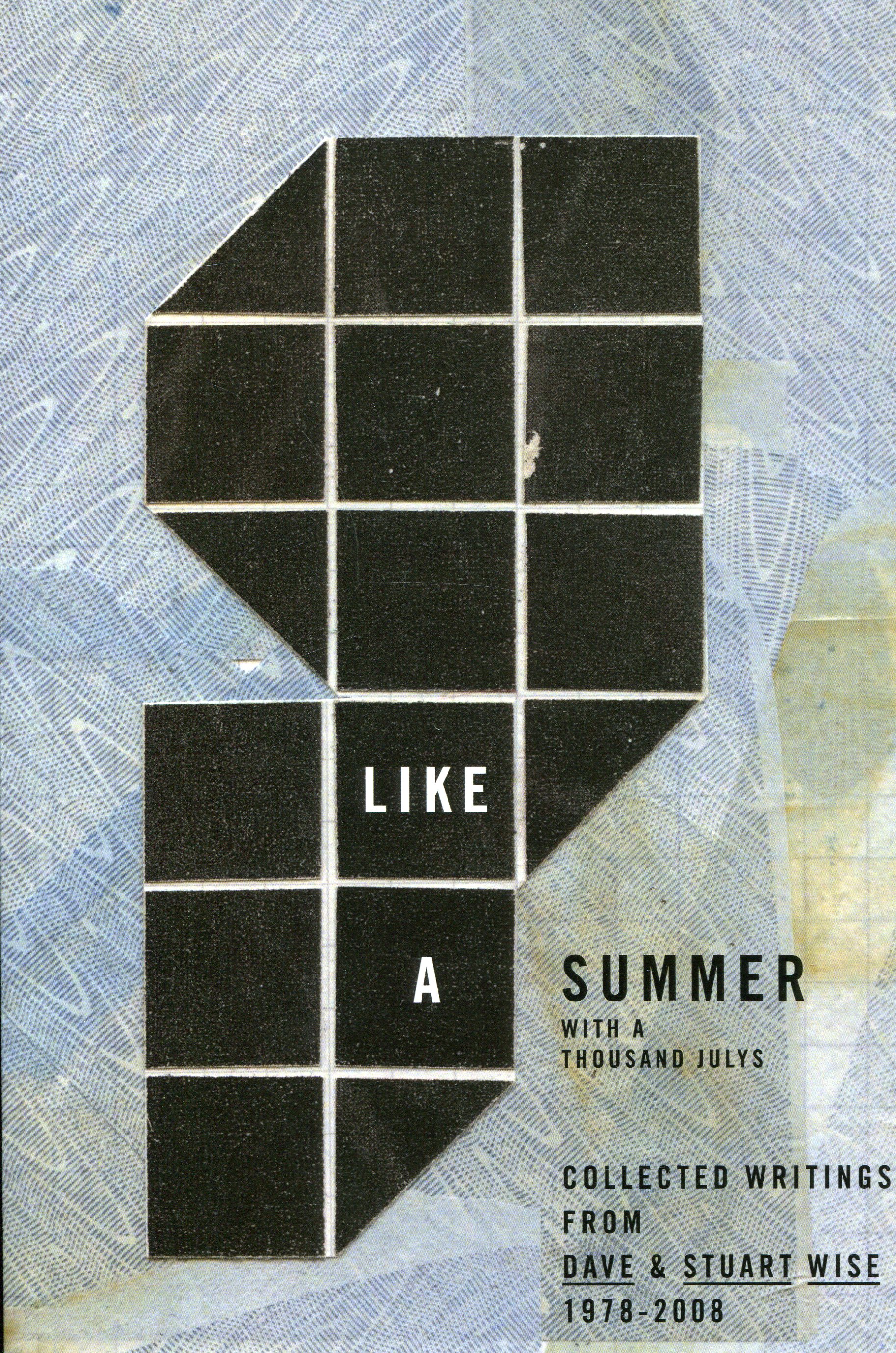
Dave & Stuart Wise: Like a Summer With a Thousand Julys. Collected writings from Dave and Stuart Wise 1978-2008 ISBN 978-0993475719
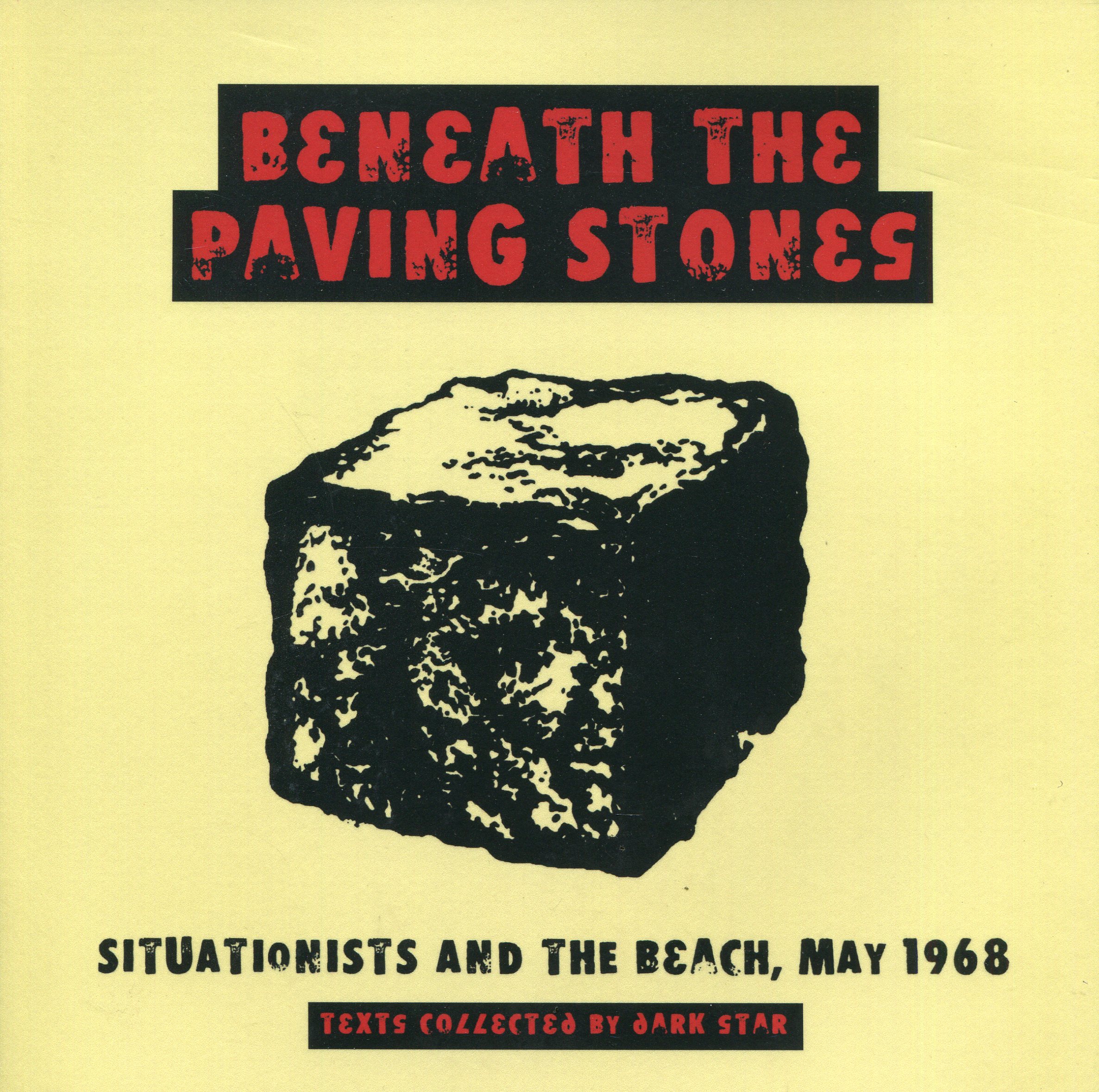
This anthology brings together the three most widely translated, distributed and influential pamphlets of the Situationist International available in the sixties, along with eyewitness an account of the May events published in June 1968. These were 'On The Poverty of Student Life'; 'Totality For Kids' and 'The Decline and Fall of the "Spectacular" Commodity-Economy'. In addition it includes numerous documents, photographs, poster art and graffiti originating from Paris in 1968; it offers the reader not only a concise introduction to the ideas of the Situationists but also an insight into what Situationist material was readily available in the late sixties. Co-published by Dark Star Collective and AK Press, 2001
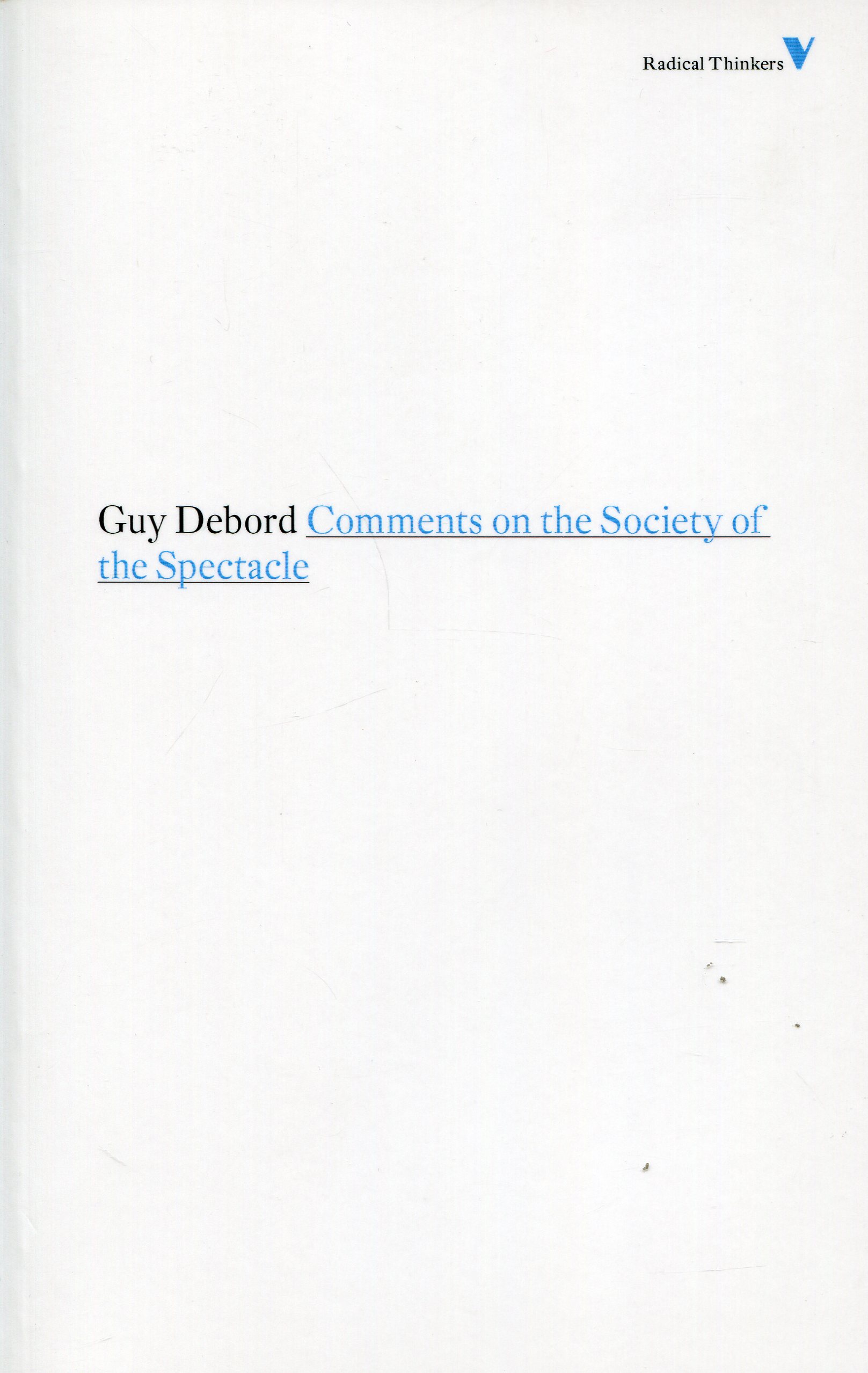
Guy Debord: Comments on the Society of the Spectacle. In the Verso series "Radical Thinkers" 1998. ISBN 978-1-84467-672-9

Journal of the "transgressive" industrial culture type with a mixed bag of contributions, musically on a full length CD, in written form on 165+ pages. Edited by Robert H. King in 1993. Music feat. Controlled Bleeding, Soviet France, Lull (Mick Harris), Techno Animal, Nocturnal Emissions, Greater Than One and others. The book compiles articles and interviews (with Annie Sprinkle, Adam Parfrey, Stelarc, Mark Pauline) and also features Derek Jarman, Robert Anton Wilson, Adi Newton, erm... Boyd Rice, and more....

Short introduction to the aims, ideas and activities of Class War. Published by the Class War Federation, 1989/91.
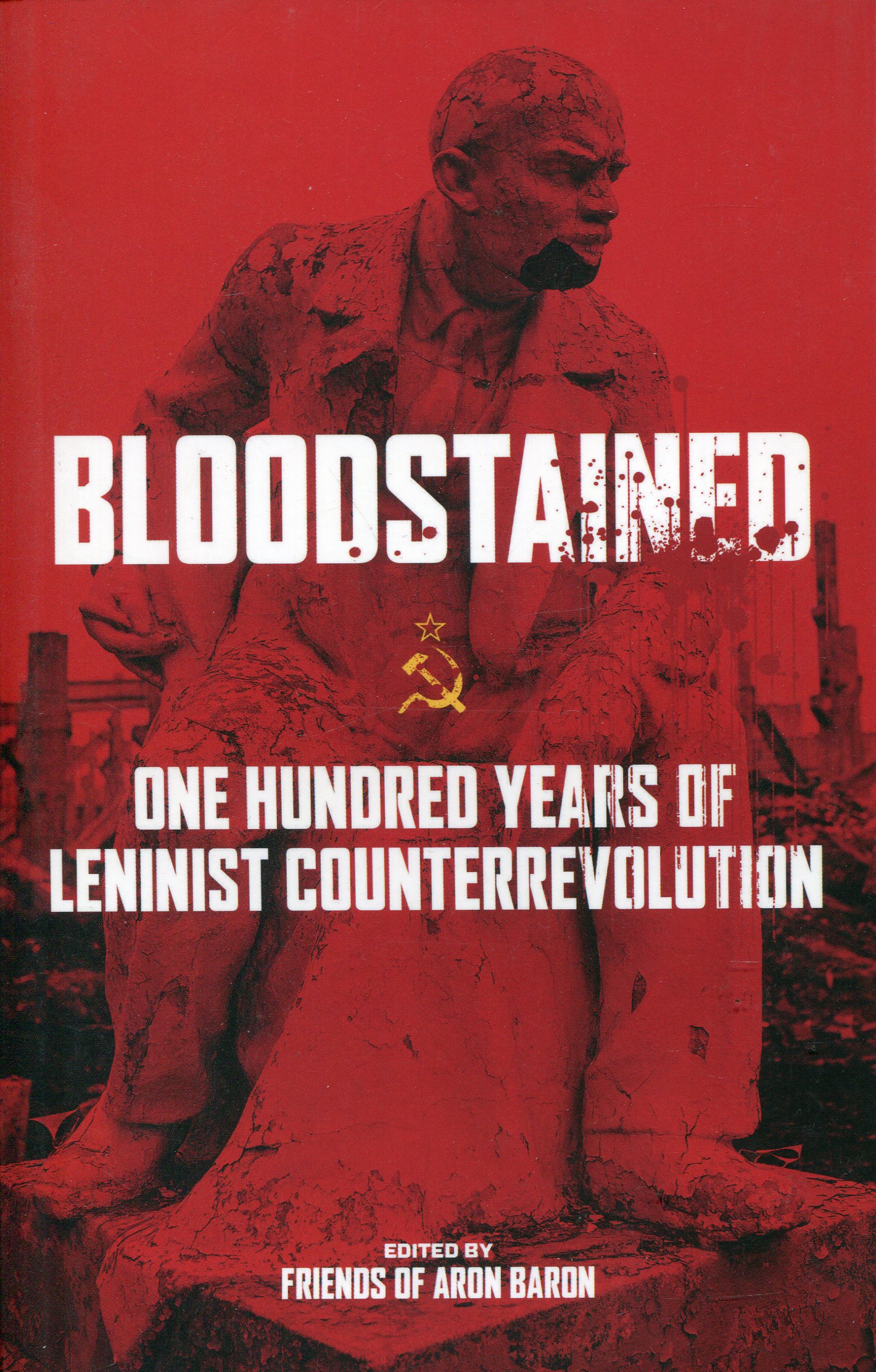
On the centenary of the 1917 Russian Revolution, paeans to the conquering Bolsheviks will be sung. But why? Why do so many Marxists and “leftists” still identify with the totalitarian and bureaucratic monster built on the backs and graves of the Russian working class? Could “victory” have been worth the price? The seeds of the Bolshevik dictatorship were sprouting in 1917 and the harvest still haunts us today. Bloodstained doesn’t only force us to reckon with the past but it demands we think more carefully about freedom, social change, and what we mean when we advocate a new society. The defense of history's obscene Leninist enterprises, once categorized as “actually existing socialism,” ends here. No more velvet-gloved hagiography. No more Lenins. Includes essays from Luigi Fabbri, Rudolf Rocker, Nestor Makhno, Iain McKay, Alexander Berkman, Maurice Brinton, Ida Mett, Otto Rühle, Emma Goldman, Barry Pateman, Paul Mattick, and Cornelius Castoriadis. Editors The Friends of Aron Baron are anarchists who bristle at the sight of hammers and sickles. Published by AK Press, 2017. You can read the introduction exerpted here.

Guy Debord:The Society of the SpectacleNewly translated and annotated by Ken KnabbBureau of Public Secrets, 2014ISBN 978-0-939682-06-5150 pages. The Society of the Spectacle, originally published in Paris in 1967, has been translated into more than twenty other languages and is arguably the most important radical book of the twentieth century. This is the first edition in any language to include extensive annotations, clarifying the historical allusions and revealing the sources of Debord’s “détournements.” Contrary to popular misconceptions, Debord’s book is neither an ivory tower “philosophical” discourse nor a mere expression of “protest.” It is a carefully considered effort to clarify the most fundamental tendencies and contradictions of the society in which we find ourselves. This makes it more of a challenge, but it is also why it remains so pertinent nearly half a century after its original publication while countless other social theories and intellectual fads have come and gone. It has, in fact, become even more pertinent than ever, because the spectacle has become more all-pervading than ever — to the point that it is almost universally taken for granted. Most people today have scarcely any awareness of pre-spectacle history, let alone of anti-spectacle possibilities. As Debord noted in his follow-up work, Comments on the Society of the Spectacle (1988), “spectacular domination has succeeded in raising an entire generation molded to its laws.”

Ken Knabb: Public Secrets - Collected Skirmishes of Ken Knabb 1970-1997

Guy Debord: Panegyric, Verso 1991, ISBN 0-86091-559-X

John Holloway: Change the World Without Taking Power, Pluto Press 2019 edition ISBN 978-0-7453-3932-0 This book is a profound search for a theory of social change. Through clearing away the cobwebs of revolutionary socialism, it renews the fight for the ending of capitalism and the construction of a new, fairer world.After a century of failed attempts by radical projects, the concept of revolution itself is in crisis. By asking the deepest questions about the nature of humanity, work, capitalism, organisation and resistance, John Holloway looks sharply at modern protest movements and provides tools for creating new strategies.First published in 2002, this book marked a shift in the understanding of Autonomism, Anarchism and Marxism, addressing the doubts activists had in their own political history and work, and helped form the perspectives of a new generation who are today changing the world.
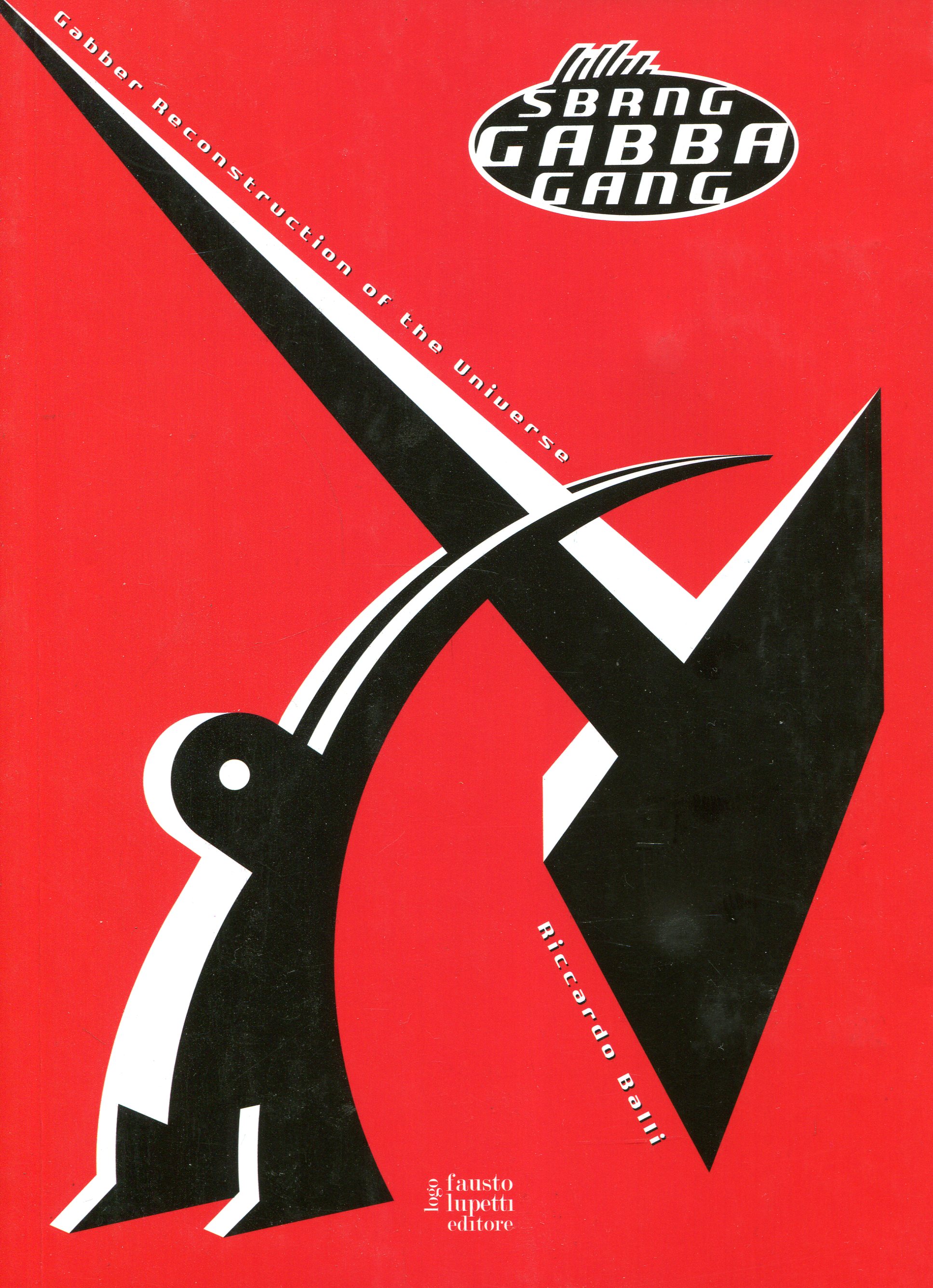
BACK IN STOCK! Now also available for wholesale for shops! Movements that dig velocity. Movements that worship war. Movements that have been accused of being fascist. Sbrang Gabba Gang is the sound of two cultural movements violently crashing into each other at breakneck speed. What happens when the Italian futurist avant-garde clashes with gabber, a belligerent strain of hardcore techno and the Netherland's first proper youth culture? Sbrang Gabba Gang will introduce you to the strange custom of forming human pyramids at gabber raves, futurist after-shave cocktails and Pietro Cannata, the man who took a hammer to the toes of Michelangelo's David. In Sbrang Gabba Gang, Riccardo Balli explores the parallels of gabber and futurist ideas by way of personal accounts, literary mash-up of Futurist manifestos and a storyline that follows the vandalistic shenanigans of a posse of gabber-futurists consisting of Dominator Marinetti, Luigi "Holy Noise" Russolo, Luciano "Thunderdome" Folgore and Giacomo Balla/Balli. These ideas further come to life in a series of anaglyphic images to be explored with special magenta-green 3D glasses attached to each volume.

Now available again: Datacide Eleven, originally from 2011. datacide eleven originally appeared in February 2011, a little bit over two years after the predecessor issue which had been published in October 2008 and had been accompanied with a conference in Berlin. Issue eleven contains some of the papers presented at the 2008 conference (those of John Eden, Stewart Home and Alexis Wolton) as well as then-new material. Between the two issues was the launch of a new datacide web site (then part of the c8 orbit, now to be found at https://datacide-magazine.com) and a number of other activities, largely event-based, both musical and in the form of talks, sometimes as a combination of the two. datacide eleven itself was launched with a number of talks taking place over two days at Cagliostro, the bar and meeting point at Ostkreuz - then also the location of the Praxis store - and a party taking place at Subversiv with Kovert, Baseck, DJ Balli, Cannibal Brothers, Nemeton, LT and Christoph Fringeli. For this 2022 reprint the issue was carefully re-edited which chiefly concerned formatting issues. None of the content has been altered besides obvious typos and mistakes, but the layout had to be adjusted to the bound rather than stapled finish, and to take advantage of the colour (inside) cover and to give a bit more space to some articles a total of four pages were added. A new back page image was provided by Luke Hekate.

Written by Spiral Tribe’s co-founder and visual artist, Mark Angelo Harrison, A Darker Electricity charts the infamous sound system’s nomadic journey and the rapid escalation of their popularity – and notoriety.From small squat-scene parties in early 90s London to enormous warehouse raves and free festivals. The undercover police operation against them. The record deal with Youth. The creation of their community recording studio. The government stitch-up and their prosecution. The escape to Europe and the start of the teknival scene._______________________________At the time, it was unclear why the UK government targeted the Spiral Tribe travelling sound system. Even after arresting many key members and launching one of Britain’s biggest court cases against them. Was it really because they were a marauding horde of anarcho-techno-pirates, their outlandish music calling a generation to rise up in rebellion against conservatism, convention, and even consensus reality?Or was it because, as pioneers of the 1990s free party movement, championing the new British breakbeat and European techno sound, they were reclaiming social space in warehouses and out under the stars? Each weekend they pulled ever bigger crowds away from consumer culture. No superstar DJs, no door policy and everyone dancing together as equals. An inspiring, unifying force of creativity.As Spiral Tribe’s co-founder and visual artist (or as the Crown Prosecutor described him, ‘the criminal ringleader’ who’d helped ‘mastermind’ Britain’s ‘biggest ever illegal rave’ at Castlemorton), Mark Angelo Harrison has a unique perspective to tell their inside story.He vividly charts their nomadic journey and the rapid escalation of their popularity – and notoriety. From small squat-scene parties in London to enormous warehouse raves and free festivals. From one little overloaded van to the mighty convoy of matt-black military vehicles that instigated the teknivals of Europe.





